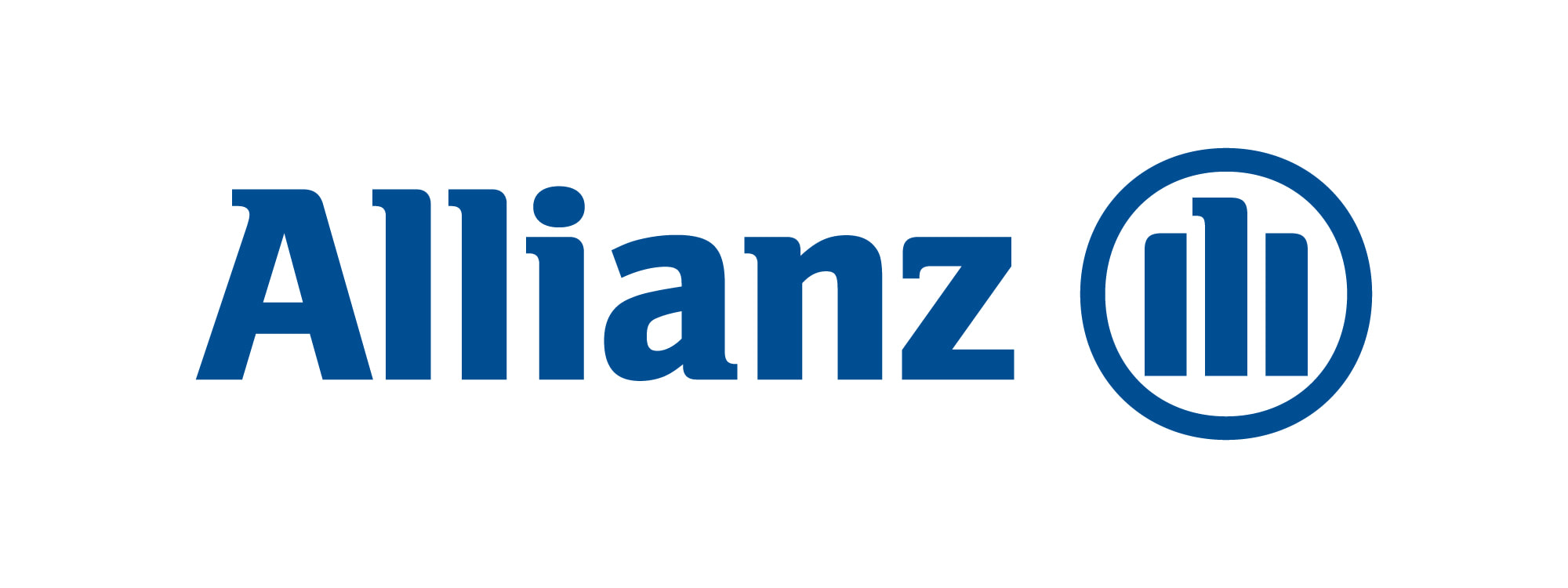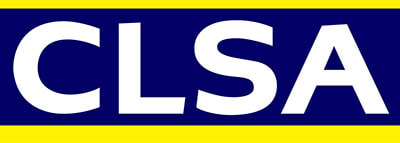|
A large part of our work at VIA Frontiers is committed to education. We are passionate about helping individuals attain self-management tools, to improve efficiencies and ultimately lead a happy life. The blogs I have written below are testimony to this.
Every blog will add value to the reader and give insights for free. How does an individual shift their focus for a different posture in life that will bring them grace, satisfaction and a life they love. Happy reading! |
SYLVIA FERNANDES
Sylvia is a qualified Neuro Linguistic Programming (NLP) Master Trainer. She started her business in Sydney and is now based in Singapore. Archives
December 2024
Categories |

 RSS Feed
RSS Feed









